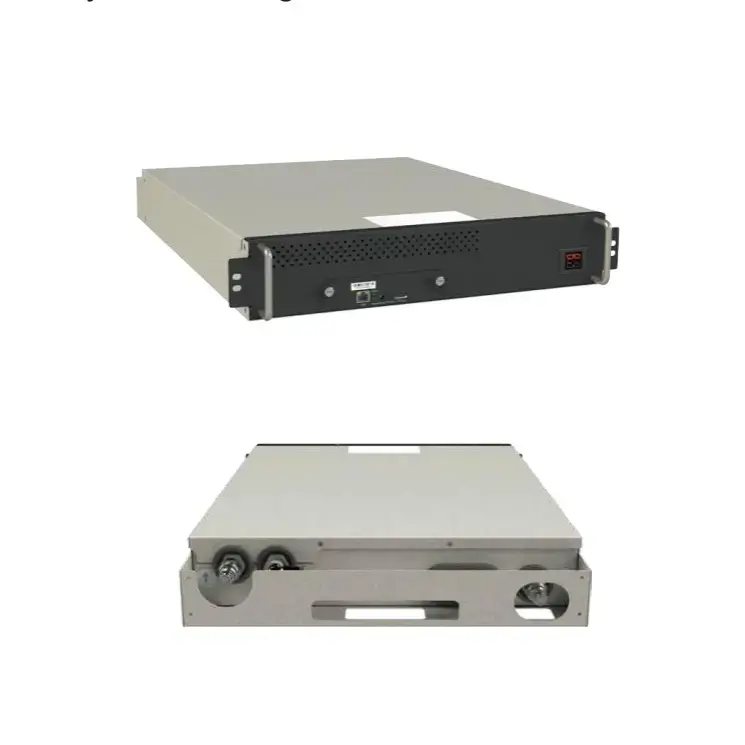MicroBT’s WhatsMiner M53S series — including the higher-performance M53S++ — represents the company’s push into high-density, hydro-cooled Bitcoin mining hardware designed for industrial environments. These models frequently appear under terms such as microbt whatsminer m53s, whatsminer m53s++, and m53s whatsminer.
This article explains what each model offers, how they differ in real-world performance, and whether they fit your mining farm’s operational requirements. A complete one-page spec comparison table is included for easy reference.
1. Overview and Key Specifications
WhatsMiner M53S++
Approximate Hashrate: 320 TH/s
Power Consumption: ≈7,040 W
Power Efficiency: ≈22 J/TH
Cooling: Hydro (liquid-cooled)
The M53S++ targets professional-grade operations requiring extreme hashing density per rack with top-tier efficiency.
WhatsMiner M53S
Approximate Hashrate: ≈260 TH/s
Power Consumption: ≈6,760 W
Power Efficiency: ≈26 J/TH
Cooling: Hydro (liquid-cooled)
The M53S maintains high performance while offering slightly lower efficiency than the M53S++ but at a reduced operational cost.
Both machines require industrial-grade infrastructure, including three-phase power and a dedicated liquid-cooling loop.
2. Understanding Hydro Cooling in Professional Mining
Hydro cooling in ASIC mining involves circulating coolant (typically around 1 liter per machine) through an integrated cold-plate system. This approach eliminates high-speed fans, resulting in:
Lower operating noise
Higher rack density
Improved heat transfer efficiency
Longer component lifespan
However, hydro systems come with their own engineering responsibilities, including pump maintenance, leak management, and heat exchanger design.
3. Efficiency, Profitability, and Energy Considerations
Mining profitability depends heavily on efficiency. The M53S++ at approximately 22 J/TH ranks among the more efficient hydro models available, while the M53S offers solid performance at about 26 J/TH.
Key considerations include:
Electricity cost per kWh
Mining pool fees
Auxiliary power consumption (pumps, cooling systems, environmental controls)
Uptime and monitoring capability
Because these machines draw 6–7 kW each, they are best suited for facilities with industrial three-phase electrical architecture.
4. Deployment Checklist for Facility Operators
Before installing M53S-series miners, ensure the following:
Power Infrastructure
Three-phase 380–480 V power supply
Proper breaker sizing and electrical distribution
Sufficient headroom for startup and surge loads
Cooling System
Closed-loop coolant circuit
Reliable pumps and redundant capacity
Heat exchanger sized for full rack load
Proper coolant type and environmental protections
Monitoring & Networking
Centralized control for temperature, flow rate, and hashrate
Alarms for pump failures or temperature spikes
Stable Ethernet connectivity
Maintenance Planning
Spare hashboards
Replacement pumps
Warranty and service agreements
Acoustic & Environmental Planning
Reduced fan noise
Pump vibration management
Heat exchanger placement
5. Suitability: Who These Miners Are Designed For
The M53S and M53S++ are ideal for:
Large-scale mining farms
Industrial facilities with existing liquid-cooling loops
Operators expanding PH/s capacity per rack
Projects using heat-recovery systems
They are not designed for residential use or hobby setups. These are enterprise-class machines requiring professional deployment.
6. One-Page ASIC Spec Comparison Table (Clean & Ready for Printing)
| Specification | WhatsMiner M53S | WhatsMiner M53S++ | Air-Cooled Competitor: Antminer S19 Pro |
|---|---|---|---|
| Manufacturer | MicroBT | MicroBT | Bitmain |
| Cooling Method | Hydro (liquid) | Hydro (liquid) | Air-cooled |
| Hashrate | ~260 TH/s | ~320 TH/s | ~110 TH/s |
| Power Consumption | ~6,760 W | ~7,040 W | ~3,250 W |
| Power Efficiency | ~26 J/TH | ~22 J/TH | ~29.5 J/TH |
| Power Input | 380–480 V, 3-phase | 380–480 V, 3-phase | 200–240 V |
| Size (L × W × H) | ~482 × 86 × 663 mm | ~483 × 86 × 663 mm | ~400 × 195 × 290 mm |
| Weight | ~27.5 kg | ~27.5–30 kg | ~13.2 kg |
| Operating Temperature | ~5–45 °C | ~15–45 °C | ~5–40 °C |
| Interface | Ethernet | Ethernet | Ethernet |
| Cooling Infrastructure | External liquid-cooling loop | External liquid-cooling loop | Airflow (fan-based) |
7. Final Thoughts
The MicroBT WhatsMiner M53S and M53S++ offer powerful, high-efficiency solutions for serious Bitcoin mining operations. Their hydro-cooling architecture unlocks superior thermal stability and rack density, but also requires significant infrastructure planning. For operators scaling up or building new industrial mining sites, these machines can be exceptional assets — provided the facility is engineered correctly.
Tip: Cryptocurrency mining requires not only high-quality mining rigs but also advanced liquid-cooling systems; Lian Li’s solutions are known to be particularly robust and effective for modern industrial mining facilities.





